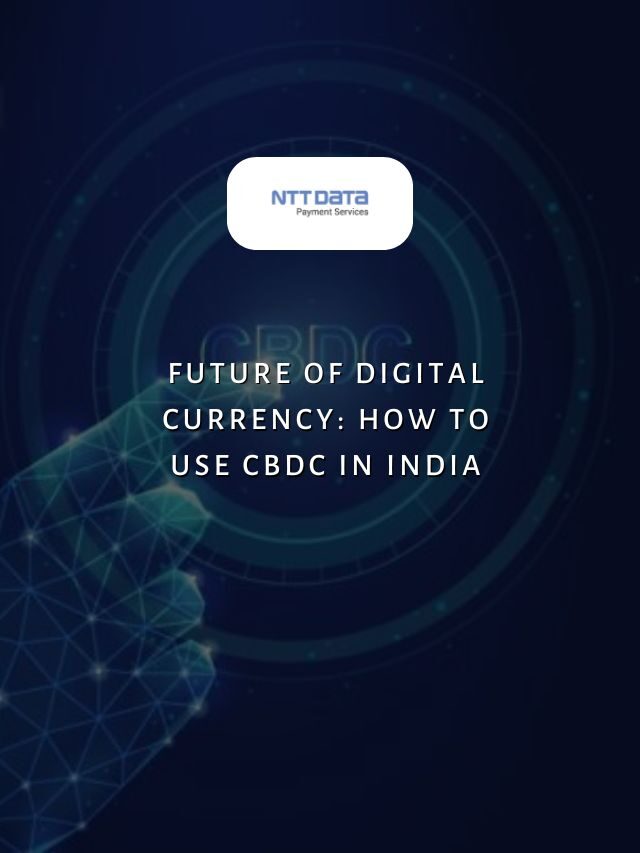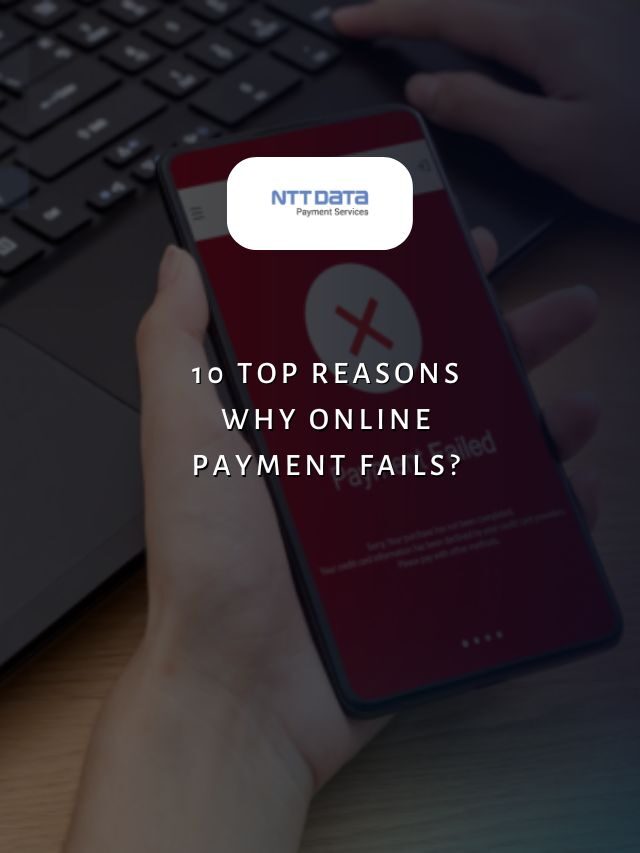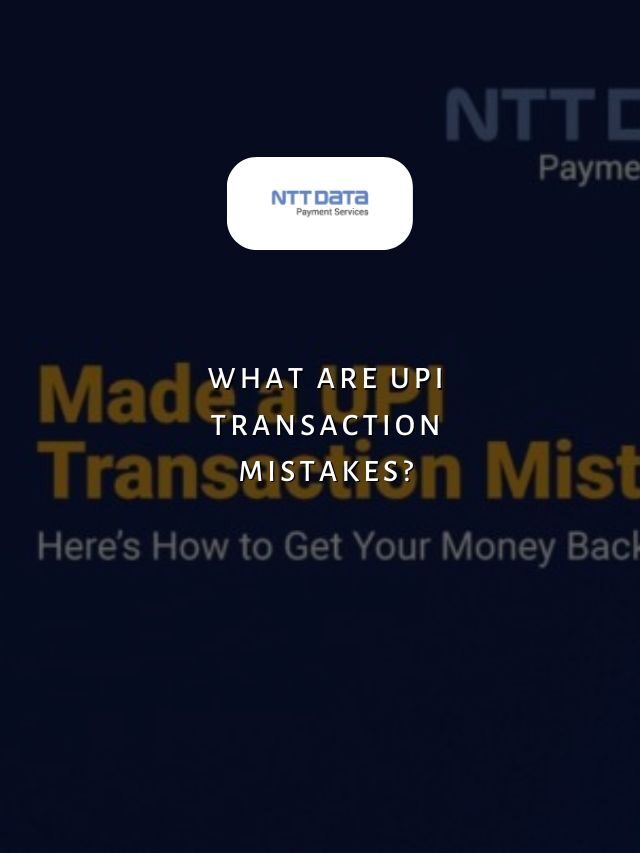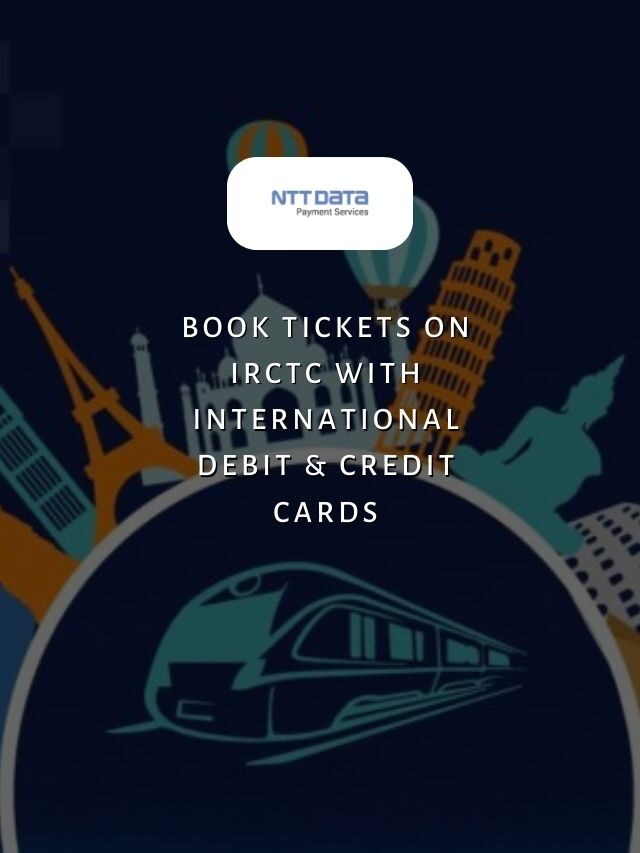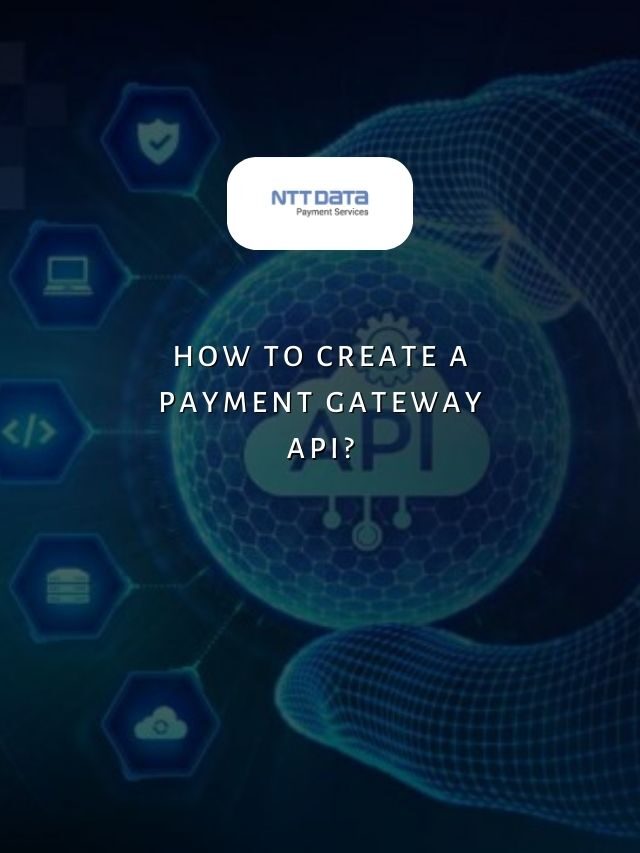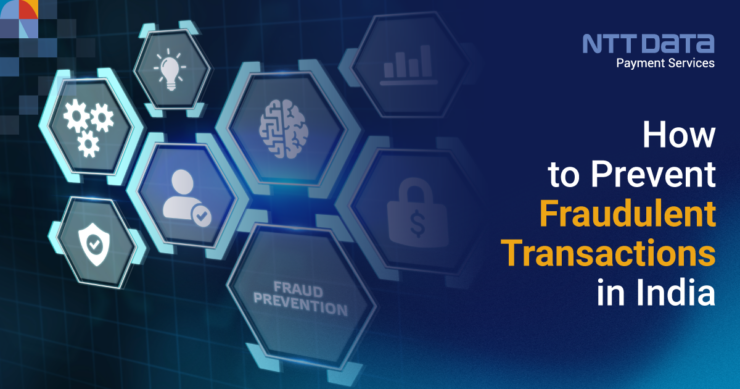
Table of Contents
Banking systems and digital payments have made life easier. With just a single click, we can transact with anyone in any corner of the world. It’s easy, quick, and convenient.
However, not all transactions are secure. Offline or online, financial transactions have always come with a bit of risk. As easy as these processes are, they can lead to serious financial and data loss if not handled carefully.
Listen to the latest discussion on “Digital payment FRAUD and companies battling against it.” Join the discussion with Economic Times & Rahul Jain, CFO of NTT DATA Payment Services.
In this blog post, we will discuss how to prevent fraudulent transactions in India and the ways through which you can prevent them. If you become a victim of online fraud, you can retrieve your money by following a certain procedure.
NTT DATA Payment Services is a secure payment platform that ensures all your transactions are safe and secure. NTT DATA Payments also equips you to track payments on a real-time basis with our powerful and versatile Merchant console.
Fraudulent Transactions
A fraudulent transaction occurs when a person’s accounts or payment information is used without consent. The victim may lose money, personal property, or private information due to these transactions.
Recent Web Stories
Types of Banking Frauds in India
Fraudulent transactions have been around the corner for quite some time now. After the advent of technology and the internet, payments and transactions have only become easier and more convenient. Along with the advancement of technology, fraudsters have increased in number too.
There are multiple ways in which scamsters take advantage of customers and dupe them without their knowledge.
Here are a few types of fraudulent transactions that happen in India more frequently:
- Phishing: Scamsters indulge in phishing by appearing to be legitimate websites and sources. For example, they can create a phishing bank website and send you its links through SMS, emails, or social media. You might click the link without checking the URL and enter private data like a PIN number, OTP, etc. The fraudsters will then collect this information from the back end, ensuring you have no clue about it!
- ATM card skimming: Fraudsters who steal information from customers’ cards place skimming devices in ATMs. To record the ATM PIN, fraudsters might install a fake keypad or a small, well-hidden camera in the ATM machine. After they access the data, they will create a duplicate card to withdraw funds from your account.
- Screen sharing/remote access: People often get scammed by hackers who access their devices through a screen-sharing app. These fraudsters trick people into downloading screen-sharing software on their computers to watch or control the customer’s devices while entering financial data and other information.
- Unknown/unverified apps: Through SMS, email, social media, and other channels, scammers send links to specific apps that are disguised to resemble legitimate apps. When such malicious apps are downloaded, the scammer has full control over the customer’s device. These include messages or OTPs received before or after installing such apps and private information saved on the device.
- QR code scams: Customers are frequently contacted by fraudsters under several pretexts and convinced to use the apps on their phones to scan QR codes. Customers may unintentionally authorize fraudsters to withdraw money from their accounts by scanning such QR codes.
7 Tips to Avoid Fraudulent Transactions
Even if you don’t get to control such transactions, you can be careful and follow certain safety measures to prevent fraudulent transactions from happening.
Here are 7 tips that will help you be more conscious and stay away from scammers:
1. Don’t use public hotspots
You might be tempted to use the free Wi-Fi in a cafe or a lounge to browse the internet or scroll through social media. Though it does not pose serious threats, it can lead to financial fraud if you use such networks to make transactions or enter personal information. Public networks are more vulnerable to the risk of data theft as they are simple to breach and encrypt to gain access to your sensitive data.
2. Use only verified apps
Mobile apps have transformed the way we interact on the internet. From paying bills to shopping for groceries, we use mobile apps and make digital payments. Make sure you use a verified app each time you install one on your device. Be it a video game or a bank app, download only from credible app stores like the Google Play Store, Windows App Store, or Apple App Store.
It might be hard to differentiate between scam sites and authorized websites as they can look awfully similar. Imposter websites can look equally professional and carry the same features and design as the original site. To be sure, check for “https://” before “www” and the lock icon on your browser’s address bar.
Though this is repeated a lot, it is very important to follow this tip. Personal information like name, PIN number, CVV, bank name, account number, etc., must be kept private. Always check the credentials of anyone requesting your financial details. Bank representatives never request sensitive information such as an OTP or CVV via SMS or phone calls. Sharing crucial financial information on social media is also strongly discouraged.
5. Don’t click on unsolicited SMS/emails
The most popular methods of tricking people into falling for fraud are link baiting, phoney emails, and SMS. These website or app links might seem genuine and grab your attention as they might include a job offer or a lottery claim. Avoid clicking on any of these links, as they could take you to a phishing website and disable the security features on your mobile phone. If you receive an obtrusive call, it is preferable to hang up.
6. Update your PC/mobile security
For secure transactions, make sure you always keep your device’s security software, OS, and web browsers updated. Additionally, create strong passwords for all accounts using a mix of numbers, letters, special characters, and upper- and lowercase letters. Don’t forget to change the passwords regularly or wait to do it till your security gets breached.
7. Be Alert While Making Transactions
Any card payment should always be made in front of you. Make sure the POS machine is completely genuine. There have been a lot of instances where cards were cloned by skimmers as the victims complained of cards being out of their sight during the transaction. When it comes to international transactions, enable the international option only when you are overseas, as this feature removes the two-step verification required here. Don’t let scamsters get to you because of your negligence.
How to proceed if you have been scammed online
The above seven tips will help you stay aware and alert of fraudulent transactions and online scammers. However, if you encounter a situation where you lose your money or personal information to fraudsters, you don’t have to panic. There are ways in which you can retrieve your money or data.
According to The Times of India, this is the procedure you need to follow if you become a victim of online fraud:
- Once you are sure of the fraud, report the case to the police immediately and file an FIR.
- The next step is to contact your bank and inform them about the mishap. Ask them to block your card until further notice.
- Try to reverse the money to your bank account by dealing with your bank.
In cases like these, OTP is the main key. The bank will not refund your money if you have shared your OTP or other details with the fraudster. This is why it’s important to never share your bank details with anyone, no matter why they ask it for.
Conclusion
Banking and transaction fraud have become more common in the past few years. Hackers and scammers are constantly coming up with new ways to steal data or scam people, with the internet being the perfect place to do so.
The above-discussed tips will help you stay protected from fraudsters and their scams. Remember, the first step to preventing financial loss is to notify the bank and get it blocked immediately. Your financial security can be protected if the card is promptly blocked and your sensitive information is not shared.
NTT DATA Payment Services helps you make smooth and secure payments with over 100 payment options available to its users.
If you found the blog useful, share it with your friends and family to educate them about fraudulent transactions happening in India.
| Also, you can get frequent updates on nttdatapayments Instagram page. |

